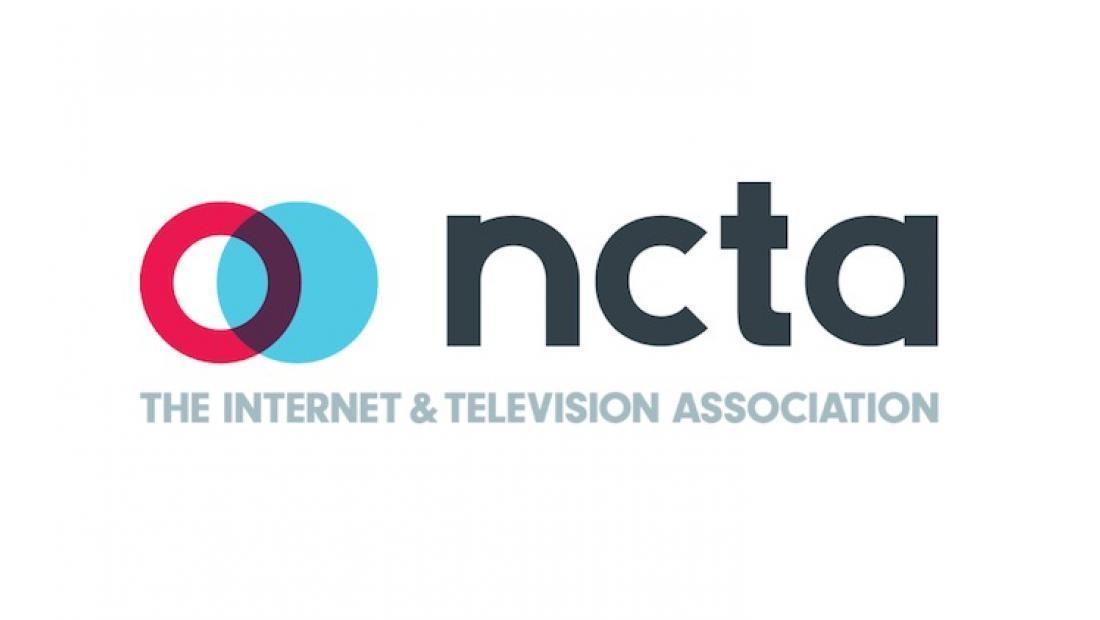Regulatory-Free Arena?

The smarter way to stay on top of broadcasting and cable industry. Sign up below
You are now subscribed
Your newsletter sign-up was successful
The following is an edited excerpt from an NCTA–The Internet & Television Association filing with the FCC.
Any meaningful analysis of the marketplace for communications services must account for the critical role of online services and the companies that provide them. As [FCC] commissioner Michael O’Rielly explained in a recent blog, “current law prevents the commission from having any role or oversight over numerous modern technologies central to many Americans’ communications habits. This universe is often called the app economy or gig environment, but we should also call it for what it really is: an FCC regulatory-free arena.”
Commissioner O’Rielly makes three points that are particularly relevant to the analysis required by RAY BAUM’s Act (which requires the Commission to issue a report on competition and regulatory barriers in the communications marketplace).
First, many of the companies identified here, such as Google, Facebook and Amazon, are among the largest, most dominant companies in the world. These tech giants are far larger than even the biggest companies offering voice, video and data services within the commission’s jurisdiction and they dwarf the vast majority of companies the commission regulates.
With their enormous size and scale, these online giants have the wherewithal to enter and quickly become meaningful players in multiple adjacent markets.
Second, these online services are all competing successfully with traditional video and voice services that are still regulated by the commission. For example, the marketplace for streaming video services has experienced explosive growth over the last few years, while the number of subscribers to traditional multichannel video services is declining. Similarly, the role of traditional voice services has been steadily shrinking while texting and social media clearly are ascendant forms of communication.
Third, ISPs’ enormous investment in building out and making high quality broadband Internet access services widely available paved the way for the success of these online services. As broadband providers continue to increase the reach and capability of their networks, these online service offerings will only become more potent competitors to regulated voice and video services.
The smarter way to stay on top of broadcasting and cable industry. Sign up below
